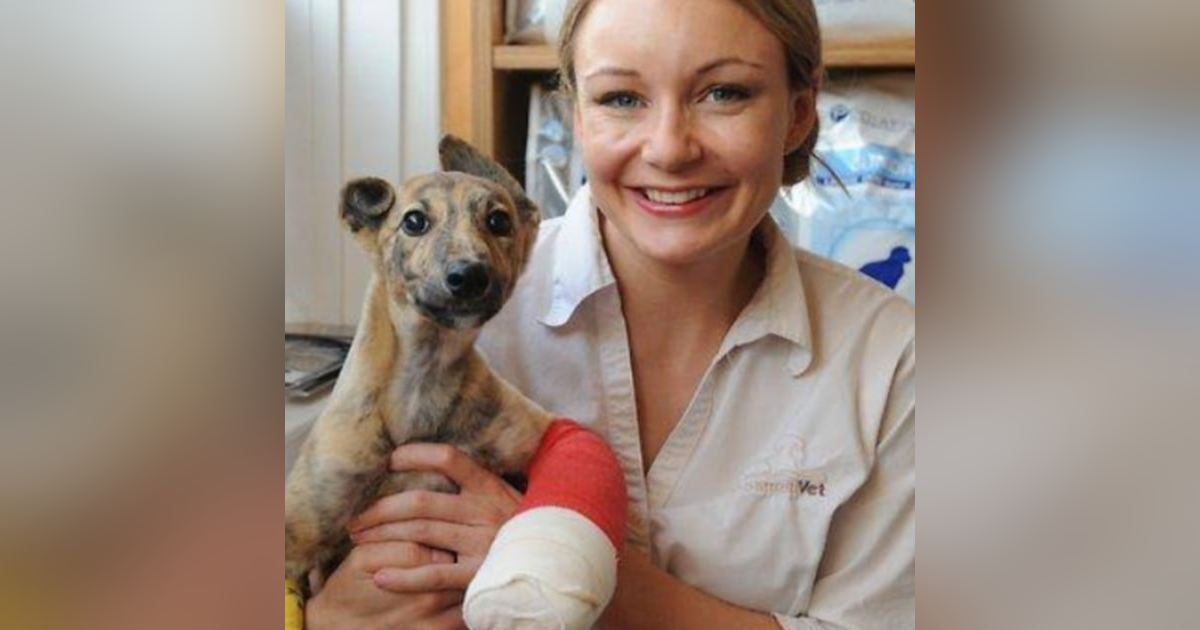#18: Kids or career: you don't have to choose, with Dr Abbie Tipler

Since starting the podcast we’ve had some amazing feedback from some of our listeners. I love hearing about how other people are inspired by our guests, but one question that pops up time and time again is some variation of: “I don’t feel like I can focus on my career, because I have young kids.” And I totally agree - I often feel torn apart in the tug of war between career and parenting. So here at the Vet Vault we’ve made it one of our missions to speak to vets who are finding ways to create fulfilling careers, while still being engaged parents and husbands or wives, and to ask them how the hell they do it. When we started asking around for some guest ideas of people who seem to have solved this problem, our guest for today was one the first names that popped up: Dr Abbie Elise Tipler BVSc, MANZCVS (Surgery) is a small animal surgeon. She graduated from Massey University in 2005 and soon after graduation discovered her passion for small animal surgery. This took her to London where she worked for several years in a combined general practice/orthopedic referral practice. In 2011 she moved to Sydney and sat her ANZCVS Memberships in Small Animal Surgery and in 2016 was elected as head examiner for Memberships in Small Animal Surgery for the ANZCVS. In 2017 she founded the Small Animal Surgery Discussion Page for world-wide surgery discussion which has over 6500 Veterinary Members. In 2018 she was the recipient of the ANZCVS travel grant for services to the Surgery Chapter. She has been actively involved in charities such as Pets in the Park, Elephants Rhinos People, Greyhound Rescue and Cantoo. Currently, she is a second year surgical resident at Veterinary Specialist Services. She lives in Saint Lucia with her husband and two young children. Join us as we find out from Abbie how she managed to create a rewarding career despite the commitments of raising a young family. She tells us about her journey into residency in what is a very competitive environment, how to not limit yourself based on other’s expectations of you, how to go from a nervous surgeon to a total surgical boss, and much much more.






